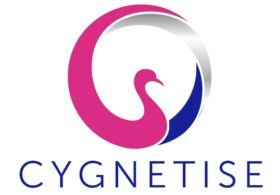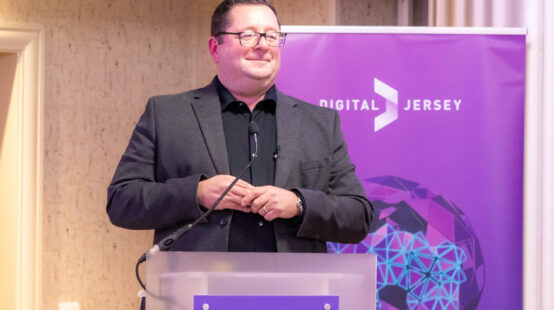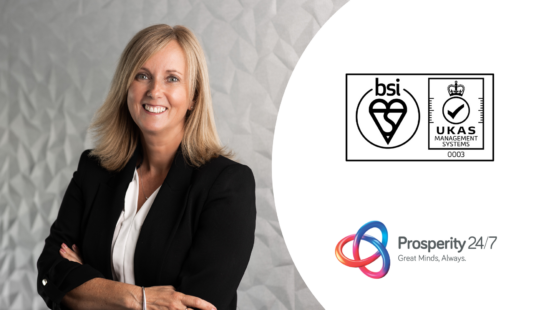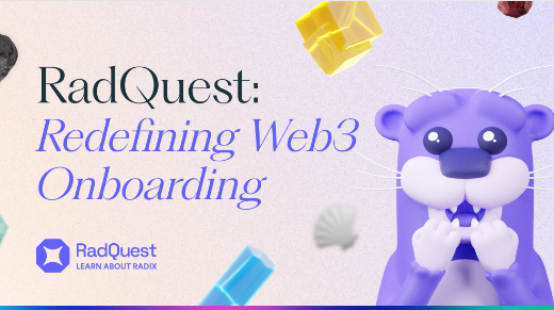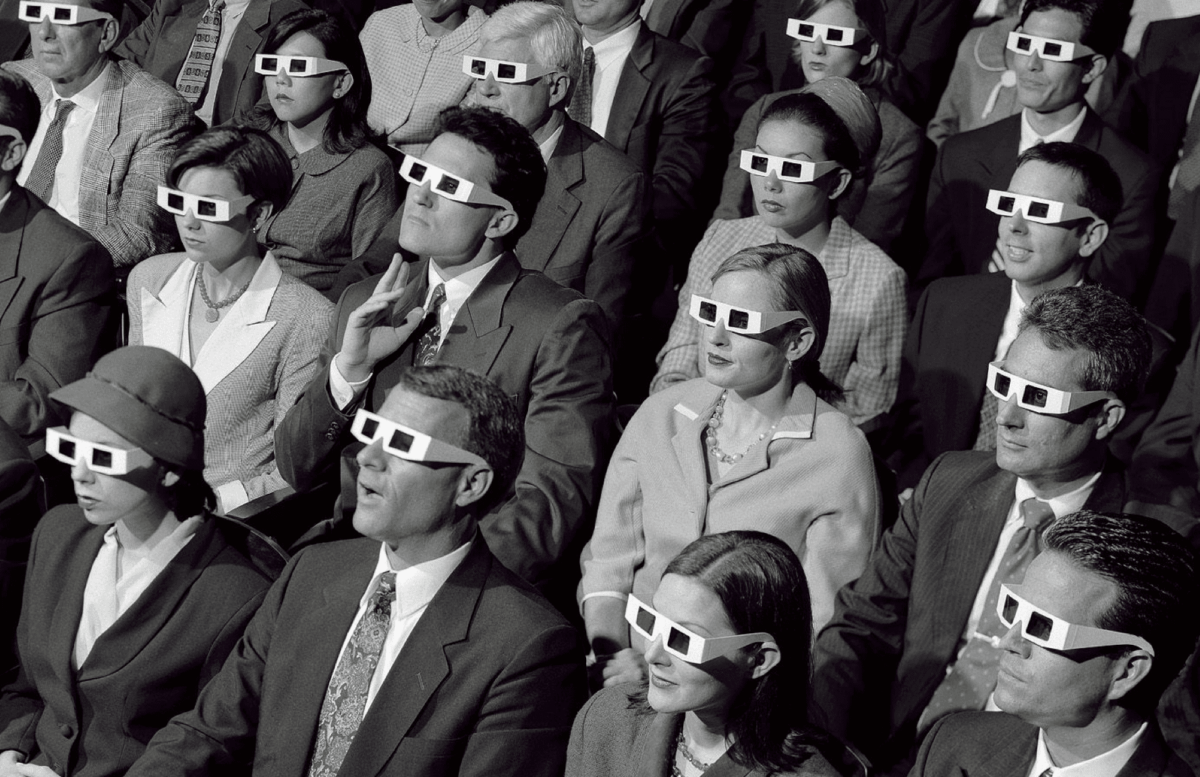
Everyone is talking about blockchain technology and its potential to revolutionise many industries. But what is blockchain? Is it really secure? And how does it differ from Bitcoin? In this blog, we will explore blockchain and present some real life use cases.
What is blockchain?
Blockchain is the digital, peer-to-peer and decentralised ledger that records all transactions. It’s a record of events/ data that is shared between many parties. More importantly, once the information is entered, it cannot be altered.
Decentralised vs Centralised database
For simplicity purposes, we will talk about only two types of databases: centralised and decentralised.
A centralised database is located, stored, and maintained in a single location, which means: the information only exists in one place and with a central admin. Most importantly, to process data or to share your own data stored in such database, you need to be granted permission by this same central admin.
A decentralised database (blockchain) doesn’t have a single location. Pieces of information are stored in different locations which are all connected to each other. Processing of the data in this type of database is distributed between different nodes. No one person controls the database and users own and control their data.
Blockchain enables smart contracts and gets rid of intermediaries
A smart contract is a piece of computer code that is capable of monitoring, executing and enforcing an agreement. Smart contracts can be used for exchange of money, property, shares, or anything of value in a transparent, conflict-free way while avoiding the services of a middleman.
Is blockchain secure?
Blockchains store data using sophisticated math and innovative software rules that are extremely difficult for attackers to manipulate. It is very challenging, almost impossible, to change any transaction information once it is validated and becomes part of a block. Users on the blockchain have a perfect audit of any changes made to their data – and they can see what was changed, who changed it, when it was changed. So yes, we can say that it is secure.
Is Bitcoin blockchain?
The answer is no. Bitcoin is a digital currency and is the first successful blockchain product. Blockchain provides the underlying technology (database), and the potential uses for blockchain are far broader than crypto currencies. They say “blockchain is to Bitcoin what the Internet is to Google”.
Some of the main applications of blockchain outside of cryptocurrencies
- Supply chain management. Blockchain offers the benefits of traceability and cost-effectiveness enabling the tracking of movement of goods, their origin, quantity etc. Think about the food and fashion industry, for instance. See here what IBM Blockchain is doing
- Authenticated voting. Blockchain can significantly reduce fraud and allows anybody to audit the vote to check time stamps and legitimacy. Take a look at some of the voting blockchain startups here
- Healthcare. Patients encrypted health information could be shared with multiple providers quickly and without the risk of privacy breaches. See more in detail here or learn more about Dovetail
- Risk mitigation. Blockchains are immutable and this provides benefits for audit. Cygnetise uses the technology to provide an immutable audit trail of changes made to authorised signatory lists.
- Peer-to-peer transactions. Blockchain enables fast, secure and cheap transfer of funds across the globe. Ripple is a great example of enterprise blockchain solution for global payments.
To find out more about Cygnetise click here.
